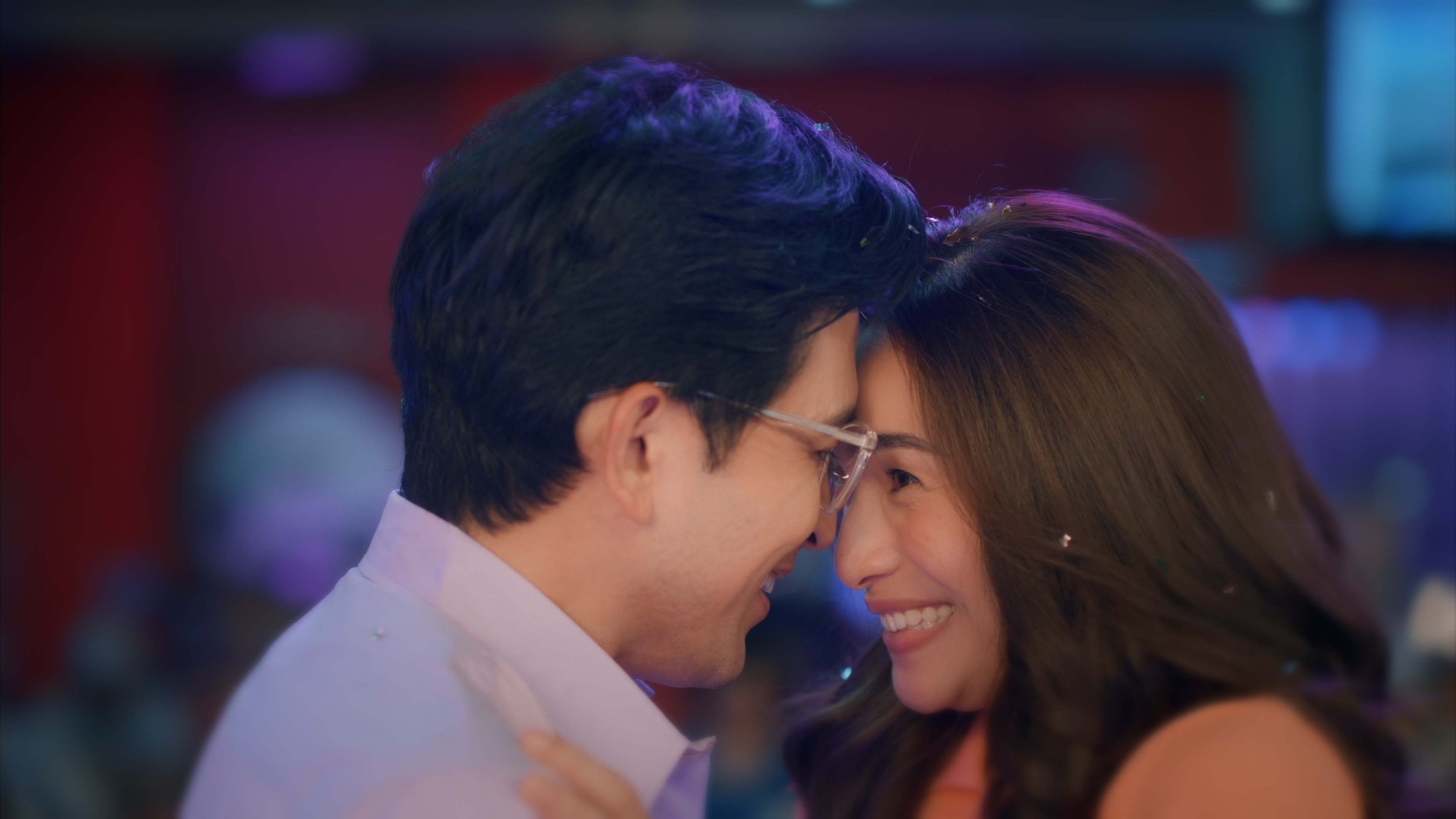‘World of Tomorrow’ REVIEW: An absurd reflection of a future not far from our own
‘World of Tomorrow’ REVIEW: An absurd reflection of a future not far from our own
Emily and David enjoying the surreal scenery.
In Don Hertzfeldt’s “World of Tomorrow,” a 16-minute animated short film released back in 2015, an adorable 4-year-old girl named Emily Prime (voiced by Winona Mae) comes into contact with a third-generation clone of herself 227 years in the future when she accidentally turns on a communication device. The Emily clone (voiced by Julia Pott) then uses experimental time travel to bring Emily Prime into the future, where they reminisce about their past and future.
With them, we wander the vibrant, strange, and surreal world of tomorrow: a museum display of an aging human clone in a stasis tube (called David), robots on the surface of the moon programmed to fear death, discount time travel for Earth’s least affluent citizens, and transferring memories to clones hoping to live forever. Each passing vignette comes with brief moments of comic relief, then smoothly serves you a poignant portrait of a fictional future -- an absurd reflection of a future not far from our own.
Even in his earlier work, Hertzfeldt has never shied away from the absurd, from the bizarre bleeding anus commercial in “Rejected” to an awkward blind date resulting in a hospital visit due to an easily avoidable allergic reaction to coffee in “Lily and Jim.” In fact, through his absurdity, he can come up with emotionally resonant observations about how we live our lives today, even if they're told through animated stick figures. In “World of Tomorrow,” all the sci-fi shenanigans revolve around the existential struggle of the future Emily clone. Having been cloned three times, living three lifetimes, and living amidst a meteor on a path towards armageddon, one could only find themselves drowning in a sea of dread and memories.
With every flashback, we get a deeper understanding of Emily’s psyche and her emotional shortcomings throughout her many lives. For future Emily, she’s merely revisiting her past experiences. But for, Emily Prime, she is witnessing her whole life ahead of her. At one point, future Emily even mentions a memory of her future self, telling her the same advice she’s about to tell Emily Prime, “You are alive and living now. Now is the envy of all of the dead.” With the fragile futility of existence in a universe unwilling to cooperate, it seems that our lives are nothing more than the memories we make and the paths and decisions we might be doomed to take. But despite all that, we come to understand that the past will not make for a good life, but the spontaneous moments we cherish in the present will.
Much of "World of Tomorrow" ruminates on the frail comfort of time and memories. In one part of the film, the Emily clone recalls her relationship with her husband, a clone from the same source as David, the boy in the stasis tube. She said that she loved him as though they were “originals.” After his sudden death, she harvested his memories which brought her happiness whenever she'd watched them, reliving moments of the dead from their point of view. When Emily Prime asks whether future Emily misses him, she deadpans, “I do not have the mental or emotional capacity to deal with his loss. But sometimes, I sit in a chair late at night and quietly feel very bad.”
Like the somber words of Haruki Murakami, “Memories warm you up from the inside. But they also tear you apart.” Even in the most absurd of times, no matter how hard we try to hide it, our human condition still finds its way out. Maybe it's just the innate biological machinery that condenses our experiences to memories, that no matter how many lifetimes we end up living, the burden of loss never truly fades. To live with the flame that's burning inside that will someday have to go, along with every emotion and experience -- maybe that is what defines our humanity.











